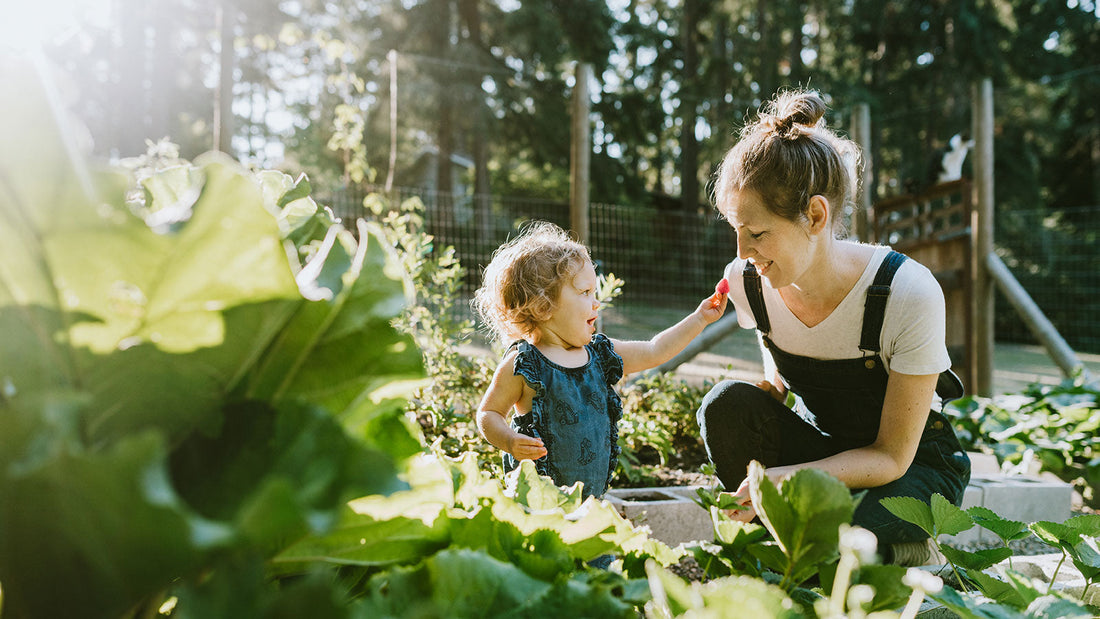Diet
Did you know your diet has a crucial role to play in how your skin looks and feels?
Try to eat lots of highly coloured fruit and vegetables as these are full of anti oxidants and skin vitamins including vitamins A, C and B vitamins (Biotin, B2 and B3).
Top skin foods:
- Strawberries, Spinach, Citrus Fruits - Vitamin C (makes a great juice)
- Carrots, Squashes, Peppers - Vitamin A (makes a great soup)
- Eggs, Dark Green Leafy Veg - B vitamins (makes an easy omelette)
- Nuts, Seeds - Vitamin E (delicious sprinkled on yoghurt with fruit as a healthy snack or breakfast).
Vitamin E helps protect cells from oxidative stress, the process associated with ageing cells and decay. In addition, Vitamin C contributes to the formation of collagen to ensure that your skin is functioning healthily and B vitamins; Riboflavin (B2), Niacin (B3) and Biotin (B7) contribute to the maintenance of normal skin.
Other foods to eat to maintain skin health - Zinc and Silica also have a role to play, Silica is a natural source of Silicon and an important component of hair skin and nails. Good food sources of silica include bananas & oats (porridge with bananas & honey makes a delicious breakfast). Prawns, mushrooms, nuts, seeds are all rich in Zinc which helps keep skin healthy.
Drink Water
‘Drink More Water’ but how much is enough?
The jury is out on whether 8 glasses a day will improve skin health but a recent study in 2015 showed that a higher water intake in regular diet might positively impact normal skin physiology, in particular in those individuals with lower daily water consumption.
Tips to drink more water:
- Start the day with a pint of water kept by your bed.
- Eat plenty of fruit and vegetables which are high in water content.
- Restrict caffeinated drinks during the day which are diuretics and replace with herbal which is naturally caffeine free.
- Have a glass of water with every meal.
Sleep
Get More Sleep. According to the NHS one in 3 of us suffers from poor sleep, with stress, computers and taking work home often blamed. Lack of sleep seriously impacts your appearance, red eyes, dark circles and pale skin are all signs. Sleep deprivation affects not only the appearance of your skin but how healthy it is underneath for example skin repair and collagen production.
Improving your bedtime ritual may help….
- Remove screen time at least an hour before sleep.
- Take a relaxing bath scented with Lavender oil.
- Make sure your bedroom is a relaxing sanctuary with a good quality mattress and pillows.
- Try a relaxing yoga sequence before bed, there are lots to try online and many are only 10 minutes long. We love yoga with Adrienne's YouTube channel.
- Try mindfulness - the aim of mindfulness is to take charge of your busy mind and move it from worrying into a more relaxed state. A calmer state of mind should help you fall asleep easier. We love the Calm app for guided mindfulness sessions.
- Try to go to bed and wake up and the same time each day, this will programme your body to sleep better. Choose a time when you're likely to feel tired and sleepy.
- Get some natural light in the morning by having your morning coffee outside, taking a short walk. This will programme your natural circadian rhythm a natural, internal process that regulates the sleep-wake cycle and repeats roughly every 24 hours.
Wear a SPF min 30 all year around
The best way to protect you skin and prevent premature ageing is to use a broad spectrum SPF everyday, even in the winter. Many moisturisers contain a SPF but it might not be high enough, British Association of Dermatologists recommend using a minimum of SPF 30 all year round.
"UV radiation from the sun is transmitted in three wavelengths – UVA, UVB and UVC. UVC does not penetrate the earth’s atmosphere, so we only really need to protect against UVA and UVB.
UV irradiation in the form of UVA is associated with skin ageing. UVA affects the elastin in the skin and leads to wrinkles and sun-induced skin ageing (for example coarse wrinkles, leathery skin and brown pigmentation), as well as skin cancer. UVA can penetrate window glass and penetrates the skin more deeply than UVB. UVA protection in a sunscreen will help defend the skin against photo ageing and potentially skin cancer.
UVB is the form of UV irradiation most responsible for sunburn and has strong links to malignant melanoma and basal cell carcinoma risk (types of skin cancer). A sunscreen with a high SPF (sun protection factor) will help block UVB rays and prevent the skin from burning, and by extension damage that can cause skin cancer."
Our top sun safety tips from the British Association of Dermatologists:
- Protect the skin with clothing, including a hat, t-shirt and sunglasses
- Spend time in the shade between 11am and 3pm when it’s sunny
- Use a ‘high protection’ sunscreen of at least SPF 30 which also has high UVA protection, and make sure you apply it generously and frequently when in the sun.
- Keep babies and young children out of direct sunlight
- The British Association of Dermatologists recommends that you tell your doctor about any changes to a mole – if your GP is concerned about your skin, make sure you see a Consultant Dermatologist (on the GMC register of specialists), the most expert person to diagnose a skin cancer. Your GP can refer you via the NHS.

